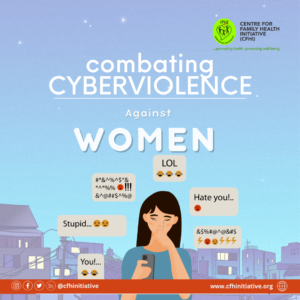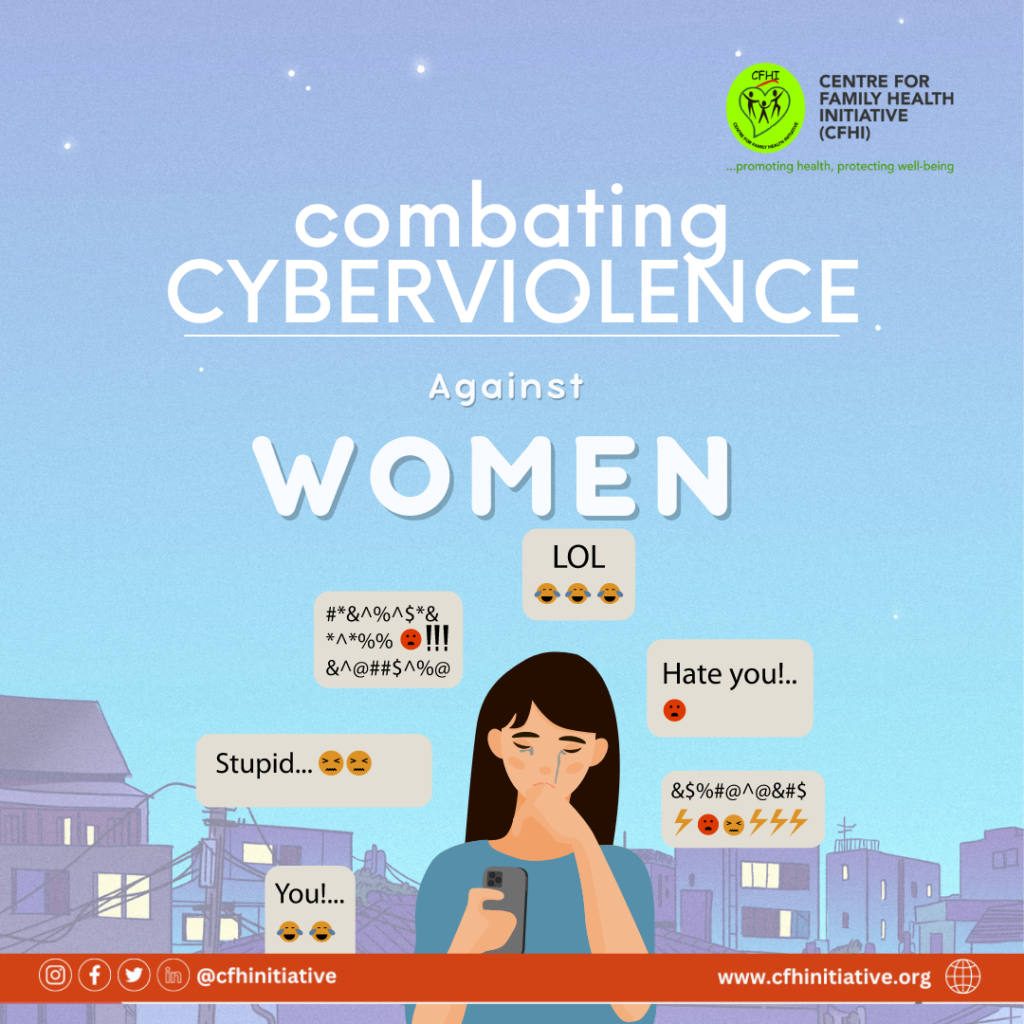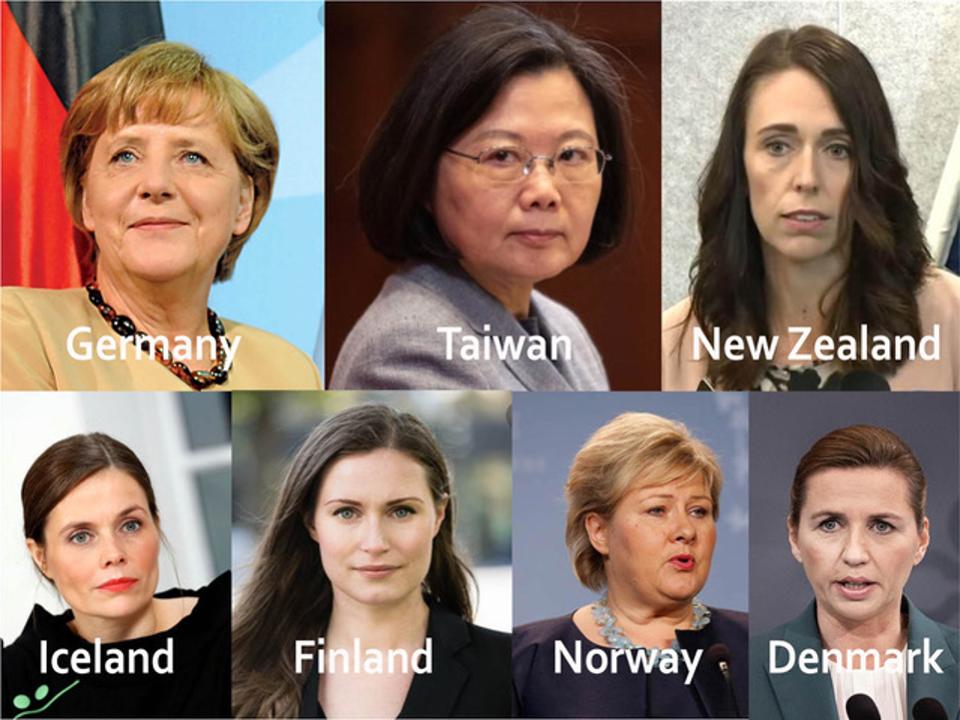The widespread usage of the internet and the quick development of technology have had various positive effects on society. They have, however, also contributed to a worrying development: cyberviolence against women. Women’s safety, privacy, and wellbeing are seriously threatened by this type of online assault. This, the UN identified as a kind of gender-based violence that exacerbates existing inequities.
According to UN Women, cyberviolence against women takes various forms, such as sexual harassment, stalking, intimate image abuse, trolling, doxing, and misogynistic hate speech. Additionally, technology is used to facilitate other forms of violence, including intimate partner or domestic violence and trafficking. These digital tools enable abusers to monitor, track, threaten, and perpetrate violence, while traffickers exploit technology to profile, recruit, control, and exploit their victims. Reports by UN Women and the UN Special Rapporteur on Violence Against Women highlight the adverse impacts of cyberviolence, including psychological and emotional distress, fear, social isolation, and educational and professional consequences faced by victims.
Women at heightened risks of cyberviolence includes young women and girls, women in public life including women’s rights activists, women human rights defenders, women in politics, and women journalists.
Nigeria has taken significant steps to address cyberviolence against women through its legal system. The Cybercrime Act of 2015 criminalizes various forms of cyberviolence, including cyberstalking, cyberbullying, identity theft, and the distribution of sexually explicit materials without consent. This legislation plays a crucial role in protecting women from online abuse and provides a legal framework to prosecute perpetrators. Furthermore, legal frameworks like the Violence Against Persons (Prohibition) Act, and the Convention on the Elimination of All Forms of Discrimination Against Women (CEDAW) recognizes cyberviolence as a form of violence against women. These legislative measures provide a foundation for protecting women from online abuse and prosecuting perpetrators.
Although Nigeria has made strides in addressing cyberviolence against women, stronger enforcement measures are required to guarantee that existing laws are implemented.
Raising awareness and promoting legislative changes are essential components in the fight against cyberviolence against women, in addition to legal measures. Public campaigns, educational initiatives, and media outreach should emphasize raising awareness of the seriousness of the problem, encouraging appropriate online conduct, and creating an environment where women may feel respected and safe.
Speak Wednesday is an initiative of CFHI to address issues around gender-based violence and gender bias.
#SpeakWednesday #Cyberviolence #GenderBasedViolence #Women’sRights #GenderStereotype #GenderBias #GenderInequality




